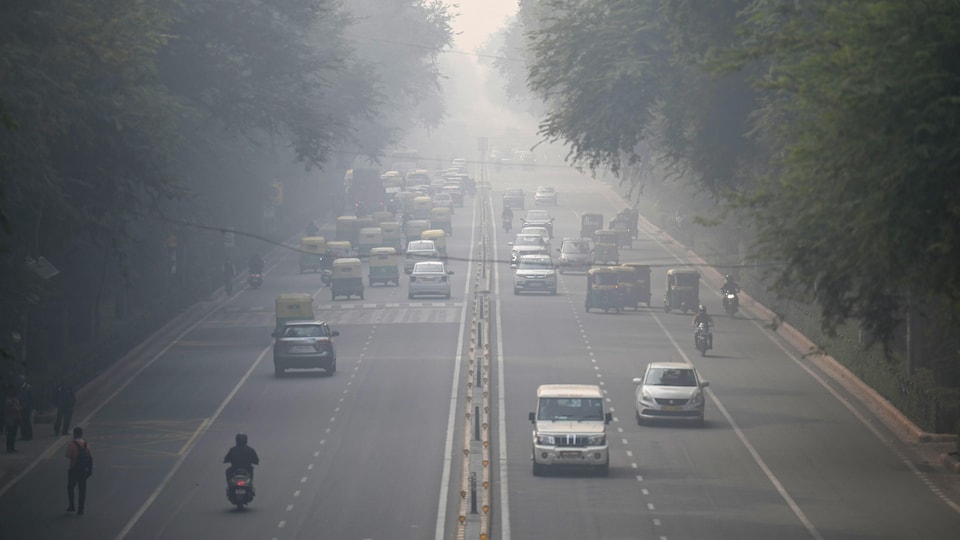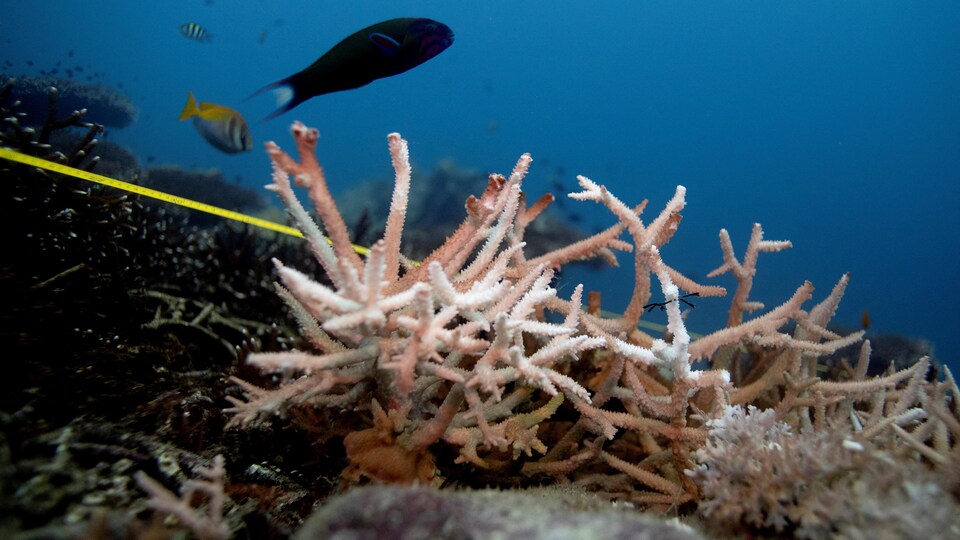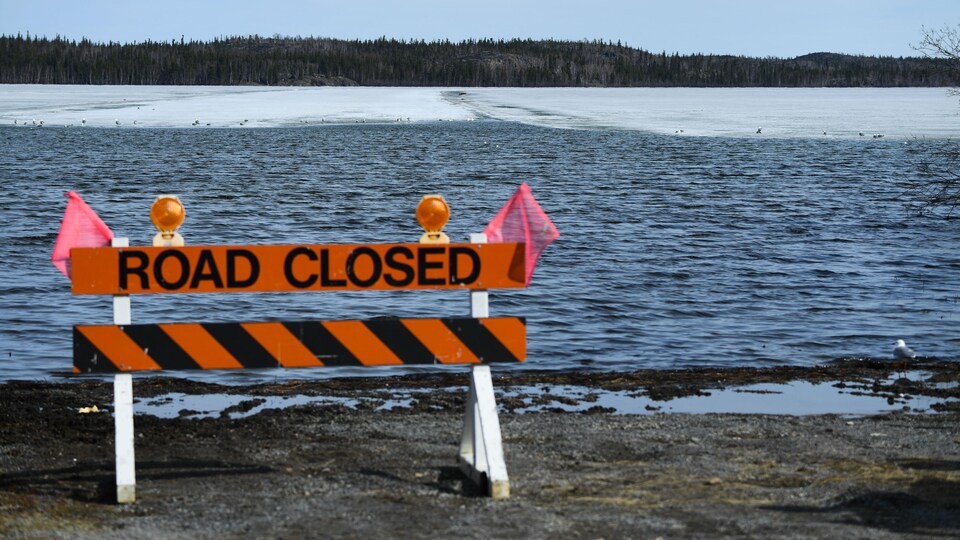Four major markers of climate change broke new records in 2021, the UN said on Wednesday, warning that the global energy system is pushing humanity into disaster.
Greenhouse gas concentrations, rising sea levels, temperature and ocean acidification set new records last year, the World Meteorological Organization said (WMO) to his State of the global climate in 2021.
This report is a sad litany of humanity’s failure to deal with climate changedenounced the head of the UN, Antonio Guterres.
The global energy system is breaking down and bringing us closer to climate disasterwarned Mr. Guterres, urging End Fossil Fuel Pollution and Accelerate the Transition to Renewable Energy Before We Burn Our Own Home.
L ‘WMO said that human activity brings about changes on a planetary scale: on land, in the ocean and in the atmosphere, with dangerous and lasting effects for ecosystems.
The report confirmed that the past seven years have been the seven warmest years on record. The weather events associated with La Nina in early 2021 had a cold effect on temperatures around the world last year. But despite this, 2021 remains one of the warmest years on record, with average worldwide temperatures around 1.11 ° C above pre-industrial levels. The 2015 Paris Climate Agreement aims to limit global warming to +1.5 ° C compared to pre -industrial periods.
Our climate is changing before our eyes said the leader ofWMOPetteri Taalas. The heat trapped by man -made greenhouse gases will warm the planet for many generations to come. Sea level rise, heat and ocean acidification will continue for hundreds of years unless ways are invented to remove carbon from the atmosphere.
Four key indicators of climate change build a coherent picture of a warming world affecting all parts of the planetsays the report.
Greenhouse gas concentrations hit a new global high in 2020, when carbon dioxide (CO) concentrations2) reached 413.2 parts per million (ppm) in the world, i.e., 149% of the pre-industrial level.
The data indicate that they will continue to rise in 2021 and at the beginning of 2022, the average monthly CO concentration.2 at Mona Loa in Hawaii which reached 416.45 ppm in April 2020, 419.05 ppm in April 2021 at 420.23 ppm in April 2022, according to the report.
The global mean sea level hit a new record high in 2021, after rising an average of 4.5 millimeters per year from 2013 to 2021, the report said.
It showed an average increase of 2.1 mm per year between 1993 and 2002, the increase between the two periods was mainly due to the accelerated loss of ice mass from the ice sheetsthe document is underlined.
Ocean temperatures also hit record highs last year, exceeding values in 2020, according to the report. The maximum 2000 meters of ocean depth is expected to continue to warm in the future – an irreversible change in time levels from centuries to millenniasaid byWMOadded that heat always penetrates deeper.
The ocean absorbs approximately 23% of annual CO emissions2 origin of man in the atmosphere. Although it slows the rise of atmospheric concentrations of CO2the latter reacts with seawater and leads to ocean acidification.
Meanwhile, the report says the hole in Antarctica’s ozone layer is exceptionally deep and wide of 24.8 million square kilometers in 2021, driven by a strong and stable polar vortex.
António Guterres proposed five actions to re -launch the transition to renewable energy before it was all too late : ending fossil fuel subsidies, tripling investment in renewable energy, cutting red tape, securing the supply of raw materials for renewable energy technologies and producing these technologies-such as storing battery – which is freely available in the global public good.
If we act together, renewable energy transformation could be the peace project of the 21st century.said Mr. Guterres.
Source: Radio-Canada


